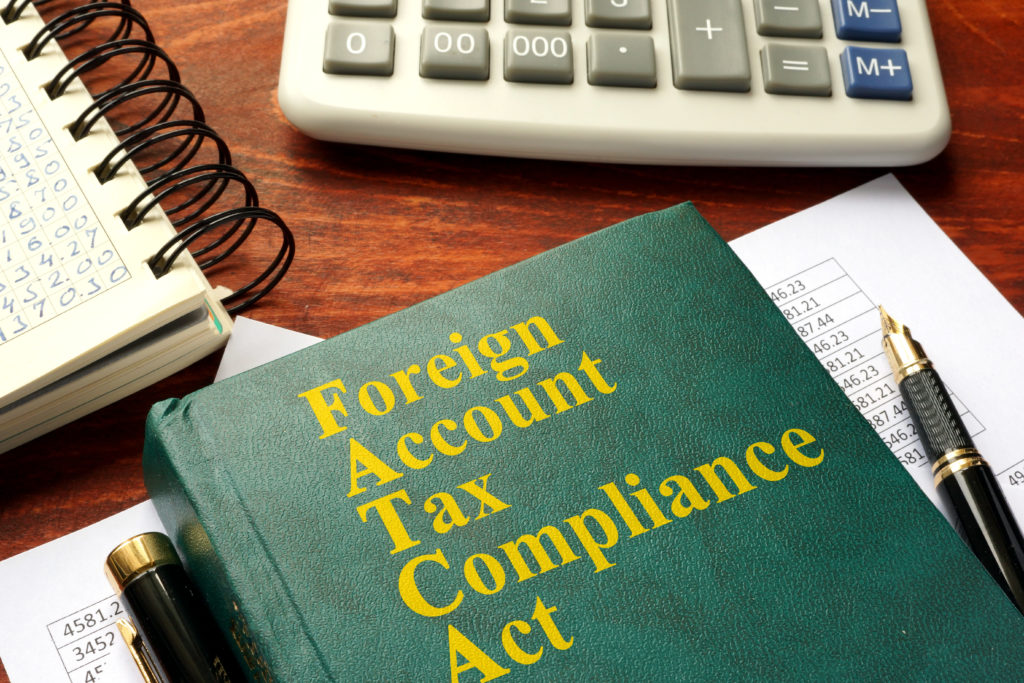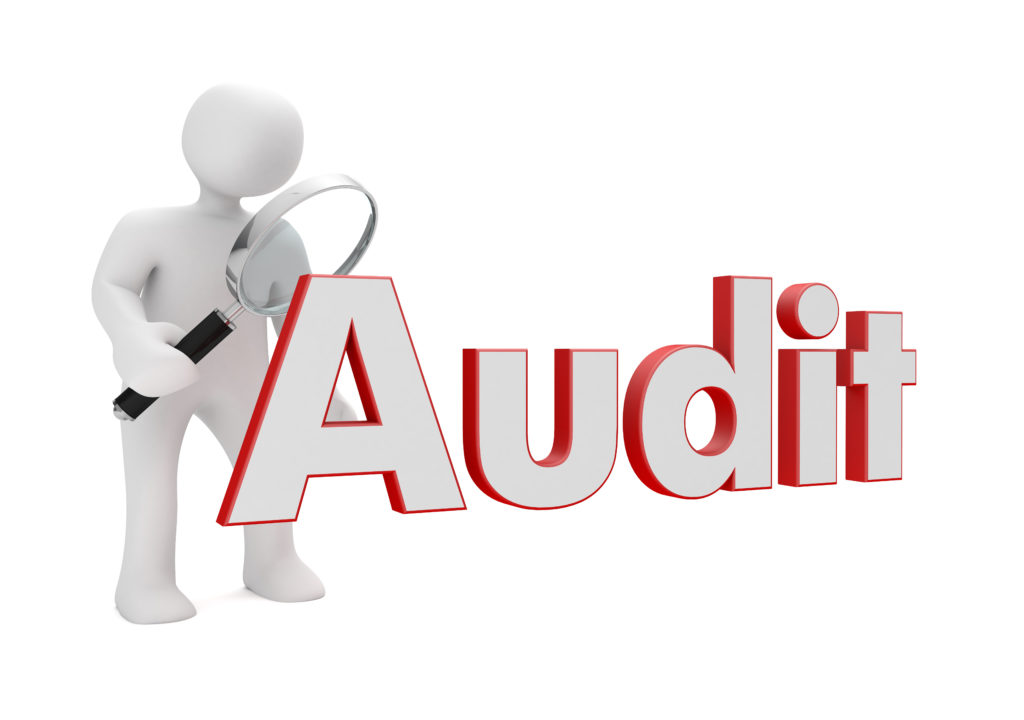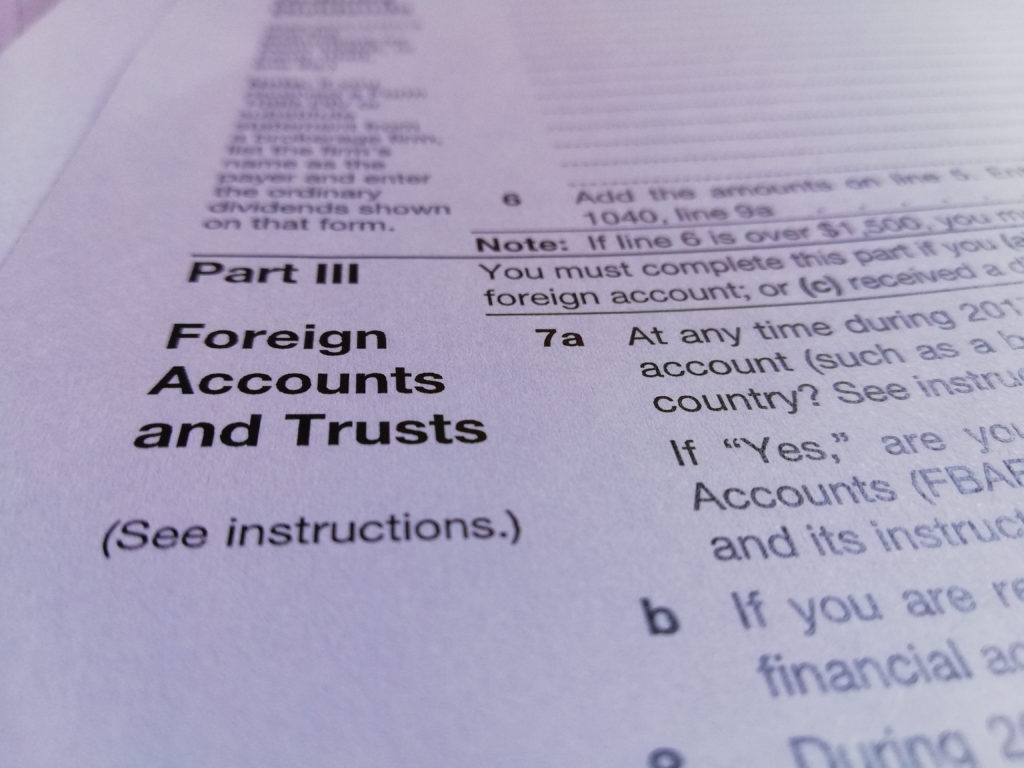Violating the FCPA may Trigger other U.S. Laws such as the Travel Act

There are other U.S laws that intersect with the FCPA. A violation of the FCPA may also constitute a violation of the characteristics of another U.S. Law – in this case the Travel Act. If the conduct of an Entity or an Individual intersects the FCPA’s antibribery or accounting provisions, the conduct of an Entity […]
Financial Institutions Continue to have CDD Questions and FinCen Responds

On August 3, 2020, FinCEN issued responses to three frequently asked questions (FAQs) regarding Customer Due Diligence (CDD) requirements for covered financial institutions. FinCEN’s responses were done in consultation with federal regulators. Under the Bank Secrecy Act (BSA), FinCEN issued a “Fifth Pillar” in the Final CDD Rule on May 2016. The covered financial institutions […]
Are Financial Institutions Creating a Corporate Governance Strategy to handle to End of Libor?

The London Interbank Offered Rate (LIBOR) expires at the end of 2021. Used since the early 1980s, LIBOR is the most referenced global short-term interest rate, and a “standard benchmark”. It is the pricing benchmark for an estimated $350 Trillion in financial transactions worldwide that include: credit cards home loans and mortgages company loans […]
Scammers Continue to Ruin the Good Deeds of the Small Business Administration

Government officials are warning the public concerning fraud schemes related to economic impact disaster programs offered by the U.S. Small Business Administration (SBA) during the COVID-19 pandemic. At the same time, Scammers/Fraudsters continue to “up their game” with respect to the SBA PPP (Payroll Protection Program) and EIDL (Economic Impact Disaster Loan) loan programs via […]
What do you do if you are a Financial Institution with COVID-19 Loan Accommodations near the end?

On August 3, 2020, the Federal Financial Institutions Examination Council (FFIEC) issued a Joint Statement on Additional Loan Accommodations Related to COVID-19 regarding loans that are near the end of an initial loan accommodation period. The FFIEC defines a loan accommodation as “any agreement to defer one or more payments, make a partial payment, forbear […]
Treasury and IRS are Aiming to Provide Greater Clarity on International Tax Reporting

On July 14, 2020, the US Treasury Department and the IRS released a proposed redesigned partnership form for tax year 2021 (filing season 2022). The two proposed forms SCHEDULE K-2 (Form 1065) and Schedule K-3 (Form 1065) are designed to provide “greater” clarity to partnerships on how to compute their US income tax liability with […]
U.S. Financial Institutions and FATCA

Little is written regarding FATCA and U.S. Financial Institutions (FI). That said, U.S. Financial Institutions have FATCA responsibilities. In the absence of permitted exceptions, FATCA requires U.S. FIs that make payments of most types of U.S. source withholdable income to non-U.S. persons to withhold a 30% tax on that income. This requires U.S. Financial Institutions […]
How does IRS Identify Cases with Audit Potential?

Understanding how the IRS identifies cases that have audit potential can be learned from the CONGRESS OF THE UNITED STATES (CONGRESSIONAL BUDGET OFFICE) Report released on July, 2020: Trends in the Internal Revenue Service’s Funding and Enforcement. This report addresses IRS trends in funding, staffing and detailed views of tax law enforcement. IRS Enforces Tax […]
What happens when Taxpayers try to tell the IRS that it is not “Mea Culpa”?

According to the IRS Manual, reasonable cause for abating penalties is based on all the facts and circumstances of a Taxpayer’s situation. IRS will consider reasons which establish that a Taxpayer used all ordinary care and prudence to meet required Federal tax obligations but were nevertheless unable to do so. So, when Taxpayers attempt to […]
Best Practices under the FCPA updated Resource Guide

On July 3, 2020, the US Department of Justice (DOJ) released “A Resource Guide to the U.S. Foreign Corrupt Practices Act (FCPA), Second Edition”. This updated edition is a concerted effort of the DOJ, Securities Exchange Commission (SEC), the US Department of Commerce and the US Department of State. The Resource Guide, intended for business […]
Audit Time for High Income Individuals and their Companies has arrived

On a webinar hosted by the New York University Tax Controversy Forum on June 18, 2020, Douglas O’Donnell (head of the IRS Large Business and International Division/IRS-LBI) stated that the IRS will begin a new campaign to audit hundreds of high-net-worth individuals from July 15, 2020 to September 30, 2020. The audit campaign stems from […]
Willfulness and IRS Foreign Account Reporting Requirements

The IRS Mission Statement states that: “the taxpayer’s role is to understand and meet his or her tax obligations”. Taxpayers fill out their own returns under a “self-assessment voluntary reporting system” because the Taxpayer is the one that possess all the information and not the IRS. A Taxpayer’s actions may create the difference between an […]

